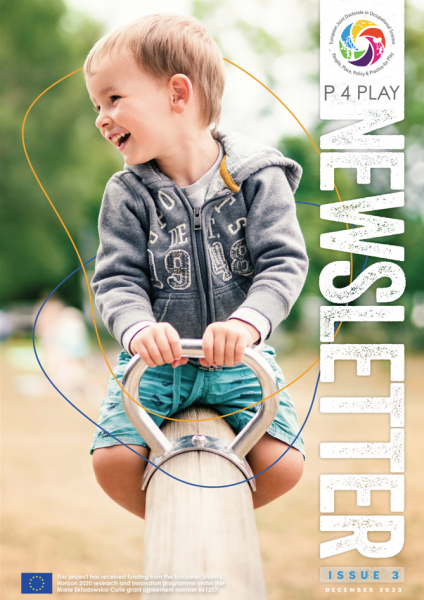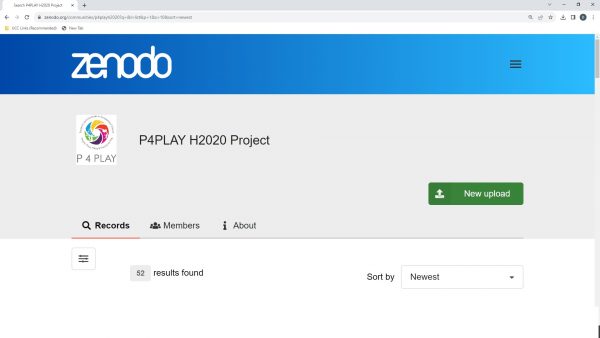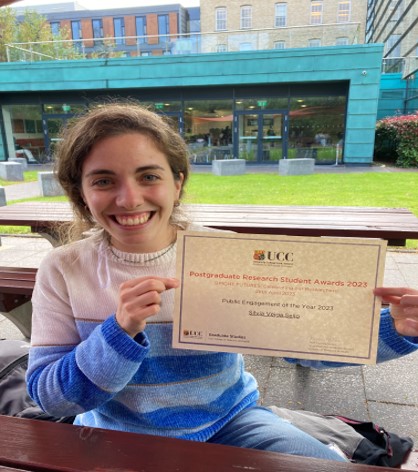SSO-USA 2021 Conference Report: A Trans-formative Experience
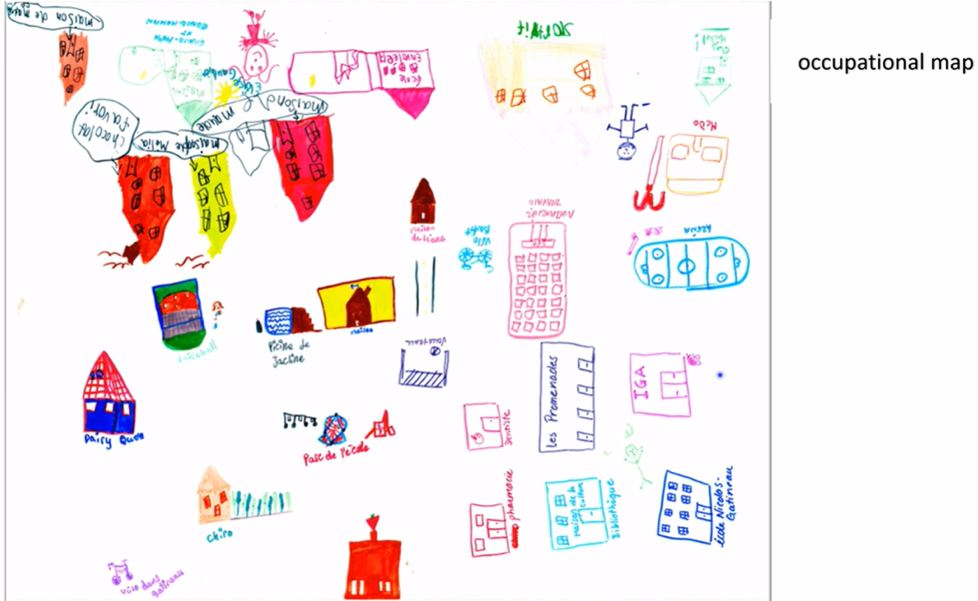
A gendered perspective on occupational balance: Temporality & relationality in dual earner families – Occupational Mapping (Credit: Marie-Christine Ranger)
By P4PLAY guest blogger Karen McCarthy, OTD, OTR/L, PhD Candidate
The P4PLAY project is not just all about Play you know! Part of the objective of P4PLAY is also to establish the first European PhD programme in occupational science. ‘Occupation’ refers to human ‘doing’, what we do, where we do it, how we do it and why we do what we do. As such, we refer to the study of occupation in all its dimensions as occupational science. The study of occupation in Europe has grown into a vibrant academic and practice-based community in recent years, however post-graduate opportunities for study and research have, to date, been limited. As a guest blogger and part of the community of occupational science researchers I wanted to share about what is currently happening in occupational science, starting with a short report from The Society for the Study of Occupation (SSO-USA) conference held online from the 24th – 25th September 2021.
Gender and Occupation was the central theme of this year’s conference marking the 20th annual gathering, with over 175 international occupational scientists in attendance. As I perused the conference schedule and attended the vast array of posters and paper presentations, I kept hearing the prefix “trans”: transactional, transformative, transgender. The Latin root “trans” can be defined as across, beyond, through, so as to change. The research that was being presented this year was overwhelmingly transactional in nature, exploring the dynamic interactions of person, environment, and occupation as a whole.
The opening Theme speaker for this year’s conference was Mx. J. Clapp who presented their keynote on: Queering Occupation and Gender Affirmation. They shared that doing drag was political and resisting dominant binary gender roles, naming their occupation “social justice drag”. Being nonbinary and doing drag were part of a transgender identity, and transformative for society, having political and social implications to challenge the status quo. I kept seeing parallels between J’s discussion of drag and my own paper Environmental impacts on the occupations of non-binary individuals (McCarthy, Ballog, Lee, & Carranza). William Wrightsman presented his paper on Exploring how gay married men navigate gender and household occupations and found that household occupations between two gay married men did not carry the same gendered expectations and frustrations that are felt by heterosexual couples. These occupations are gendered through their transactions within social contexts that uphold binary views of gender.
Play and family were also prominent topics that weaved throughout this year’s conference. Play was explored more as a dynamic interaction and multiple research methods were used to capture this complexity. Cristin Holland presented a poster titled Exploring Relationships between Co-occupation Traits and Joint Engagement In Early Childhood, where she explored children and caregiver co-occupations through play. Holland’s work explored play in its occupational dimensions highlighting important implications for occupational science in considering how other concepts, e.g. playfulness and engagement might intersect? Multiple methods were also used to explore the transaction of occupation within place. Marie-Christine Ranger explored A gendered perspective on occupational balance: Temporality & relationality in dual earner families with school-aged children using the method of occupational mapping (image above). Participants in her study drew an occupational map to highlight the complexity of these interactions between occupation, person, and environment as a whole. Exploring different research methods such as this is one of the benefits of attending conferences and can help to inform and extend our own studies.
As a PhD student following the research being done in the P4PLAY programme it occurred to me the relevance of the four themes of People, Place, Policy and Practice. Play is a complex and dynamic occupation, that must be explored through different avenues to understand its meaning. The poster presentation “Developing an integrated research programme for the study of occupational science through the lens of play” (Jackson, Lynch, Prellwitz, Kantartzis, Boyle, Larsson-Lund, Lilja, & Pentland) (poster image below) outlined the eight research projects across four countries that comprise the P4PLAY research programme. SSO-USA 2021 provided a unique platform for the P4Play team to introduce and present a new PhD programme that has been developed by the main partner organisations at University College Cork, Queen Margaret University, Lulea University of Technology and the Zurich University of Applied Science.
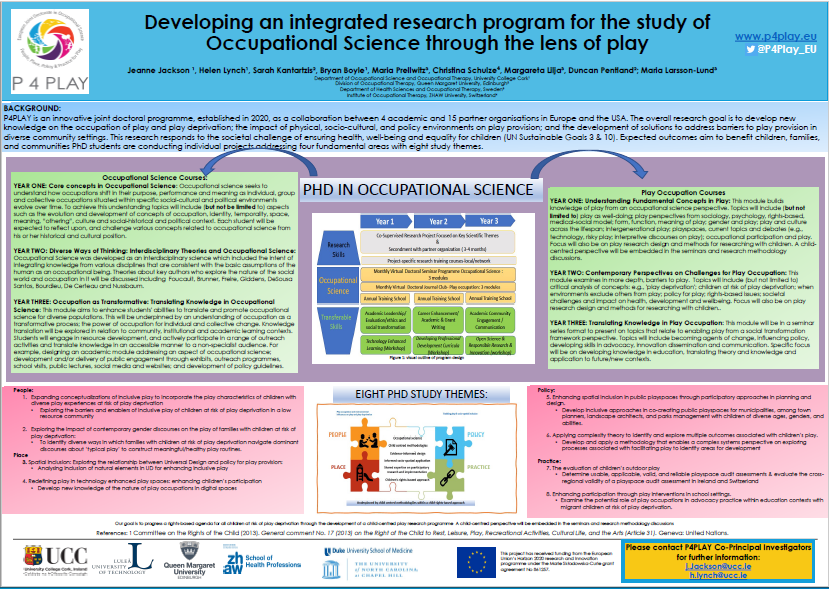
Developing an integrated research program for the study of Occupational Science through the lens of play (Credit: Jackson, Jeanne, Lynch, Helen, Kantartzis, Sarah, Boyle, Bryan, Prellwitz, Maria, Schulze, Christina, Lilja, Margareta, Pentland, Duncan, & Larsson-Lund, Maria)
One notable connection that was missing in this conference was the translation of occupational science research to occupational therapy practice. The 2022 conference: Occupational science and Occupational Therapy: Tension and Fit promises to transition to the implementation of science into practice and will be an exciting next step to continue the conversation next year.

